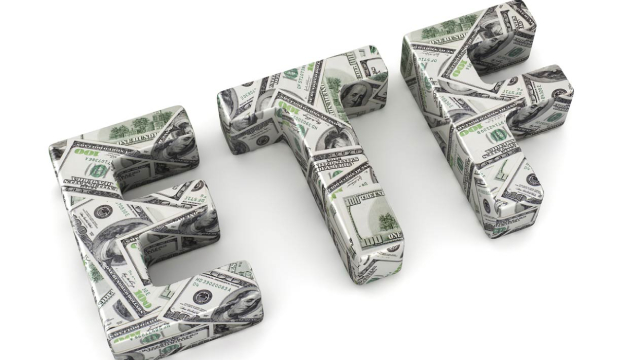EWJ Stock Recent News
EWJ LATEST HEADLINES
Japan's bond market is causing ripples across global financial markets, with rising long-dated government bond yields threatening to trigger capital flight from the United States and unwind the popular carry trade strategy. The carry trade is a strategy where investors borrow in low-yielding currencies like the yen to invest in higher-yielding assets abroad.
Timothy Morse of Asymmetric Advisors discusses opportunities with Japan small-caps and says the ageing population is a 'tailwind' for the rapid consolidation of the domestic market.
After a volatile April, Wall Street has stepped into the defamed May. While many may want to sell this month, some specific ETFs are likely to rise.
Things have been looking down for most stocks and ETFs so far this year. With Donald Trump recently criticizing Federal Reserve chair Jerome Powell over a lack of interest rate cuts, going as far as to refer to him as a “major loser” and “Mr.
Alexander Irving, airlines analyst at Bernstein, says there has been some weakness in the U.S. airline industry amid the roll out of the U.S. tariffs, but he has "not yet" seen the same weakness from European airlines.
Japan's leaders failed to tariff-proof the country's economy, William Pesek writes in a guest commentary.
Japan's stock market is hitting new highs due to strong fiscal flows from government spending, current account surplus, and rising bank credit creation. Government spending at over 4% of GDP, a positive current account balance, and increasing bank credit creation are driving aggregate demand and asset market growth.
Topping the list and outperforming in that span have been emerging market countries like Brazil and India, which are both up well over 6.5%. International ETFs don't only have momentum on their side, but they also offer higher yields than the US at the current moment. Across all 22 ETFs, the average yield stands at 3.25%.
EWJ has barely moved since our HOLD rating on it 11 months ago, and has underperformed global stocks. Japanese authorities are taking efforts to boost the investing climate for domestic investors. Despite offering similar long-term earnings growth as global stocks, Japanese stocks can be picked up at a 25% discount.
Even Mexico and Canada, which were directly hit with U.S. tariffs, are outperforming Wall Street. The post While U.S. Stock Market Hobbles, These International Markets Rally; Two Are Up 23% appeared first on Investor's Business Daily.









